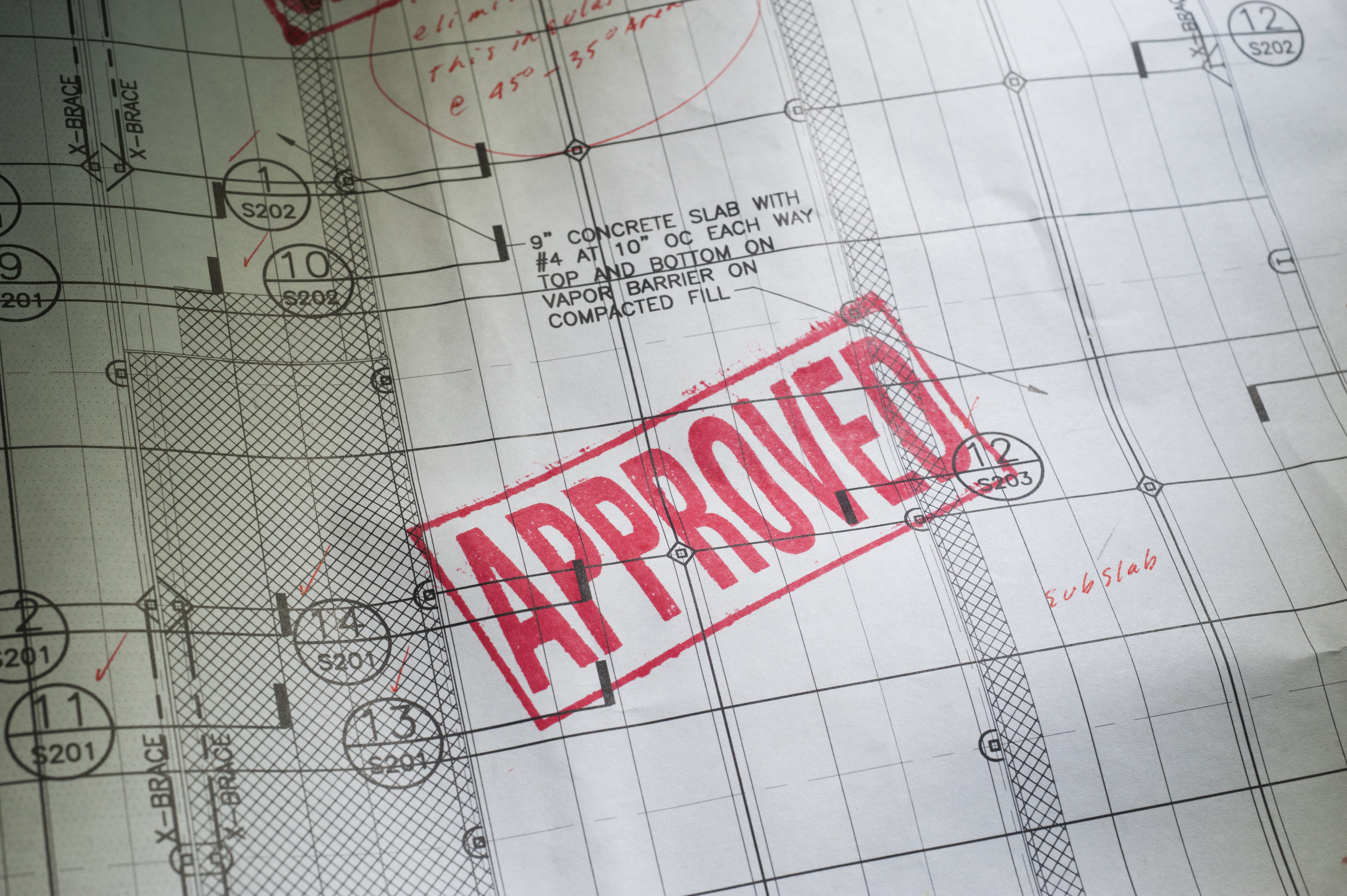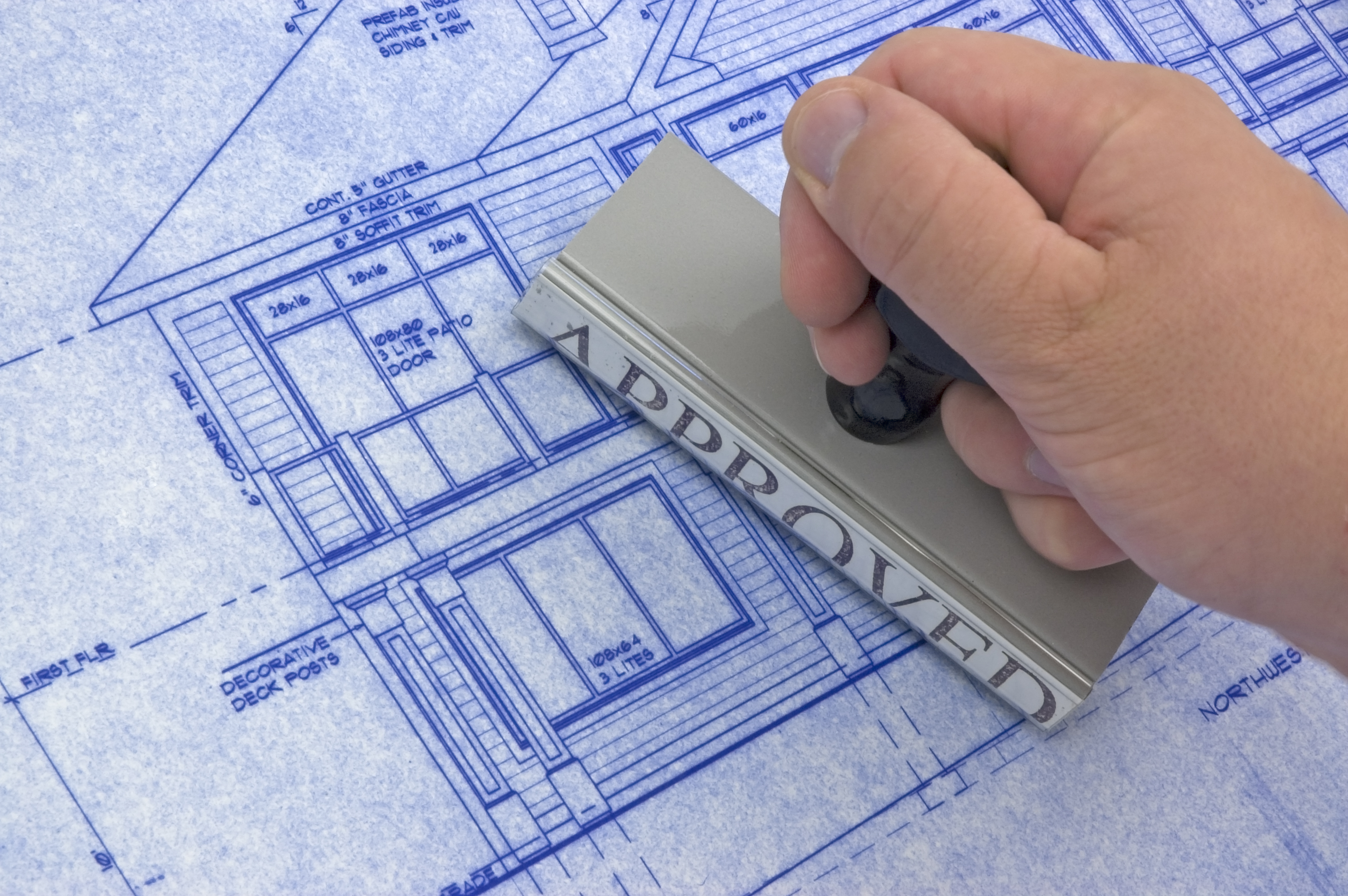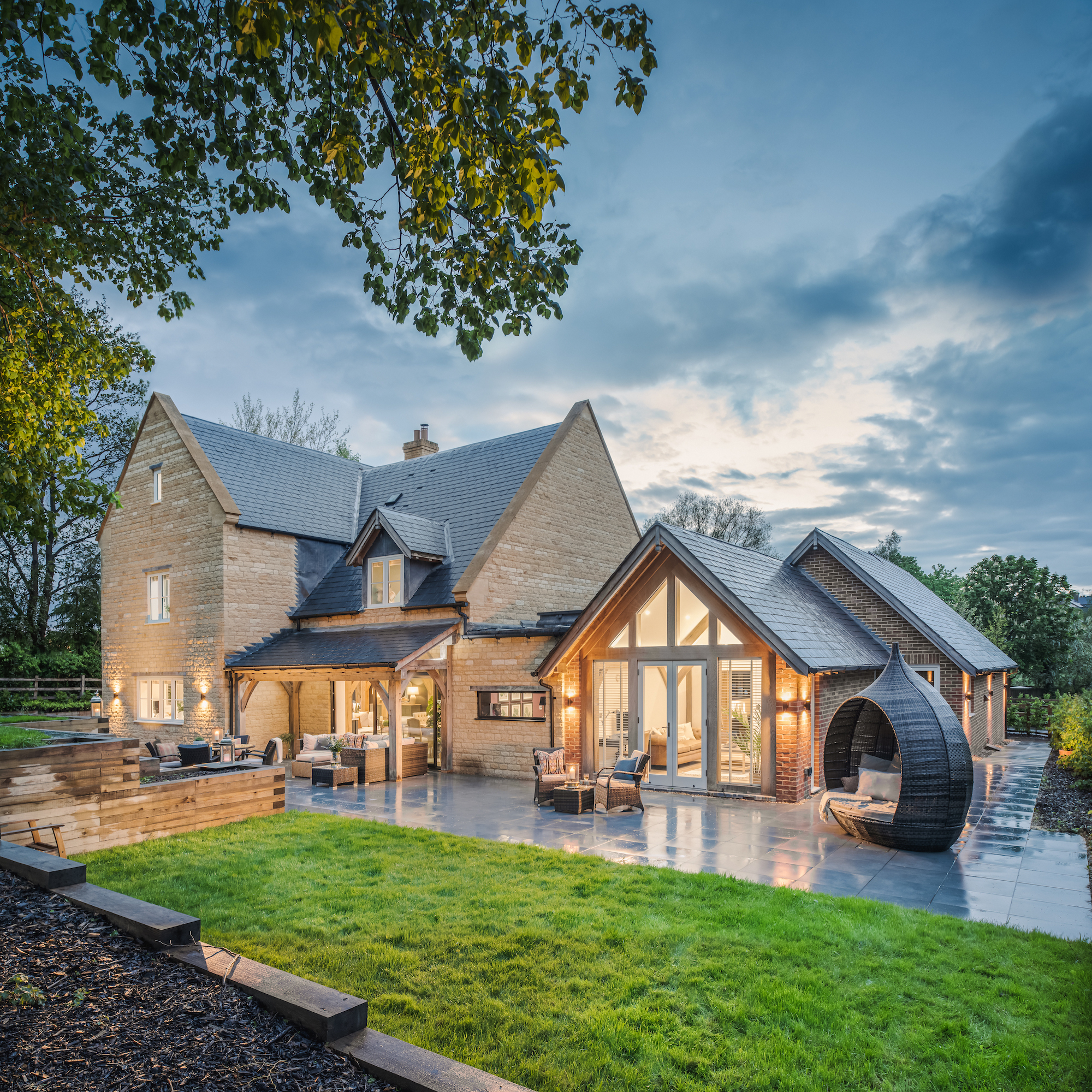How long does planning permission take? And why it might take longer than you think
'How long does planning permission take?' is a practical question to ask at the beginning of any building project — our planning experts advise on this process

If you're embarking on a new project, the question 'how long does planning permission take?' might be prominent on your mind.
This first major hurdle of successfully achieving planning permission might make or break dreams of self building or extending, so having a good idea of the process and how long it might take (or delay) a project is a useful jumping off point.
Below, planning experts detail the ins and outs of the planning permission timeline and where any issues might arise.
How long does planning permission take?
Ideally a planning application will be approved within eight weeks of it being submitted. However this depends on the complexity of the application and if any causes for concern arise.
"The eight-week figure is a target for local planning authorities and huge numbers of applications are taking way longer than eight weeks," explains Simon Rix, founder of Planx.uk Planning Consultants.
Building in designated areas and conservation areas can also create delays, due to the complexity surrounding the location.
Can planning permission be granted quicker than eight weeks?
"While certain stages take a specific amount of time (e.g. public consultation periods), if the application is for a relatively simple proposal that is generally considered ‘acceptable’, and does not have any complicating factors or negative consultation responses, it may be possible for a decision to be issued in less than eight weeks (from the point where the application is deemed to be valid)," explains James Garrett, policy and strategy advisor for the Planning Portal.
What happens if planning permission takes longer than eight weeks?
"Applications can take longer than eight weeks mostly because, since the Covid pandemic started in 2020, councils have suffered from a triple whammy of reduced budgets, high staff sickness and a massive increase in the number of people submitting applications," says Simon Rix.
"While I’m sympathetic to this, my clients are my priority so I do all I can to get their applications decided as promptly as possible. This involves politely chasing planning officers, but also pointing out that applicants are entitled to get their council submission fees refunded if the process takes more than six months."
"If you haven’t heard anything, the best way to find out the status of your application, and any issues or delays it may be facing, is to check the planning register or contact the Local Authority to get an update. It’s also worth noting that eight weeks is the lowest ‘statutory time limit’ for determination," James Garrett suggests.
"More complex applications can be allowed longer (e.g. up to 13 weeks for ‘Major Developments’). National Government’s ‘planning guarantee’ sets out that no application should take longer than 26 weeks to be determined.

This article has been reviewed by planning consultant Simon Rix. Simon worked as a planning officer and later an elected councillor for local government in the 1990s, beforing setting up Planix.UK Planning Consultants Ltd. He is a regular contributor to Homebuilding & Renovating.
What happens before submitting a planning application?
The process of beginning to apply for planning permission can actually start long before submitting an application. From looking at plots with full or outline planning permission to discussing design possibilities with an architect or planning consultant, planning should always be at the forefront of a self builder or homeowner's mind.
If you foresee any obstacles, employing a planning consultant early on could circumvent any issues, in theory making the actually planning process quicker.
"Asking a planning consultant to give you a planning appraisal and pre-application advice before deciding what to do is a very good idea," Simon Rix comments.
"This will usually take a week or two which will often be quicker and less expensive than submitting a pre-app advice request to a council, but the latter can sometimes be useful later in the process to get a specific answer to a technical question. Such a pre-app advice request from the council is likely to take well over a month, often much longer."

What are the stages of planning permission?
In order to get planning approval James Garrett advises: "The main stages after submission are:
- Validation: The application is checked to see if it is complete and can be determined ‘as is’. If not, the applicant will be asked to resolve any issues (e.g. provide more detail, or make corrections).
- Publication: The valid application is published on the public planning register, and on relevant notices (e.g. near the site or in a local newspaper).
- Consultation: Once published, the application can receive consultation responses from the public, or any other party. Certain proposals will also need to have statutory bodies consulted, such as the Environment Agency or the Parish Council.
- Site visit: The local authority will usually visit the application site to help assess the proposals and their context to the surrounding area.
- Determination: This happens after validation and concurrently with other stages. It involves review of the proposal against all relevant ‘material considerations’, including local/national policy and guidance, as well as taking any consultation responses or feedback from the site visit into account.
- Decision: Depending on the specifics of the proposal and the local authority’s processes, the application can either be decided by the planning department directly; or by a planning committee who receive a report and recommendation from the planning department."

James has over 20 years experience working in planning. Currently providing subject matter expertise to support Planning Portal’s transformational agenda and help them meet user needs whilst ensuring legislative compliance for their content and online services.The Planning Portal aims to make information concerning the planning process and services simpler and more accessible for applicants, agents and local authorities.
Why does planning permission take so long?
"There is no single reason an application can take longer to be determined, it may be due to specific issues with the application itself, or simply down to volume of work and/or lack of resources," says James Garrett. "Local authorities will commonly keep applicants apprised of progress or, if necessary, contact them to request more time to determine the application."

What reasons can planning permission be refused for?
"A planning application can be refused for a whole host of reasons. These range from not enough information being submitted to support the application to the proposals not complying with national planning policies, local planning policies or, where they exist, the adopted neighbourhood development plan," advises Simon Rix.
"A good planning consultant should be able to avoid these problems, but even then many planning policies are ambiguous and so many decisions are taken by councils which end up not seeming fair," he continues.
"In those situations you will also benefit from a good planning consultant who can argue your case with a good knowledge of the policies and of the previous cases where those policies have been interpreted in ways that help your case."
James Garrett adds: "If planning permission is refused, then there are several options available:
- Discussion with the local authority and consideration of alternative options — initially, it is always worth trying to better understand why the original application was refused. Taking the reasons for refusal and/or any specific objections into account when considering potential alternatives may lead to a more ‘acceptable’ proposal being identified.
- Reapply: Subsequent applications can be made, ideally with a more ‘acceptable’ proposal put forward. However, repeated application for similar proposals can be declined by the local authority if two previous applications have been refused, or the original refusal has been unsuccessfully appealed, within the last two years.
- Appeal: You can appeal a refusal of planning permission. However, there should be strong grounds for the appeal, based on the merits of the case and the specific reasons for refusal. If the appeal is dismissed and considered to have been ‘unreasonable’, including if a solution could have been found through a more acceptable proposal, then you may be liable to cover costs incurred by the local authority from the appeal process."
What happens next after planning is granted?
As soon as your planning application is approved you can, in theory, start work as soon as you are ready. That said, there is a caveat — you may first need to discharge planning conditions associated with your planning approval. This is very important as failure to discharge planning conditions will invalidate your planning permission.
Planning conditions may include additional surveys or a requirement to get approval for external cladding materials.
It's important to note that some conditions need discharging before any building can take place, but not all. There is an application which must be filled out, a fee paid and you'll typically receive a response in eight weeks.
It's often best to sort out the details and apply to discharge as many as possible at the same time, in order to both save on costs and delays to your build.
Also beware of how long planning permission lasts — if you wait longer than three years the approval might no longer be valid.
For more advice on a smooth planning application, follow our expert advice on the planning permission mistakes to avoid.
Get the Homebuilding & Renovating Newsletter
Bring your dream home to life with expert advice, how to guides and design inspiration. Sign up for our newsletter and get two free tickets to a Homebuilding & Renovating Show near you.
Amy is an interiors and renovation journalist. She is the former Assistant Editor of Homebuilding & Renovating, where she worked between 2018 and 2023. She has also been an editor for Independent Advisor, where she looked after homes content, including topics such as solar panels.
She has an interest in sustainable building methods and always has her eye on the latest design ideas. Amy has also interviewed countless self builders, renovators and extenders about their experiences.
She has renovated a mid-century home, together with her partner, on a DIY basis, undertaking tasks from fitting a kitchen to laying flooring. She is currently embarking on an energy-efficient overhaul of a 1800s cottage in Somerset.

